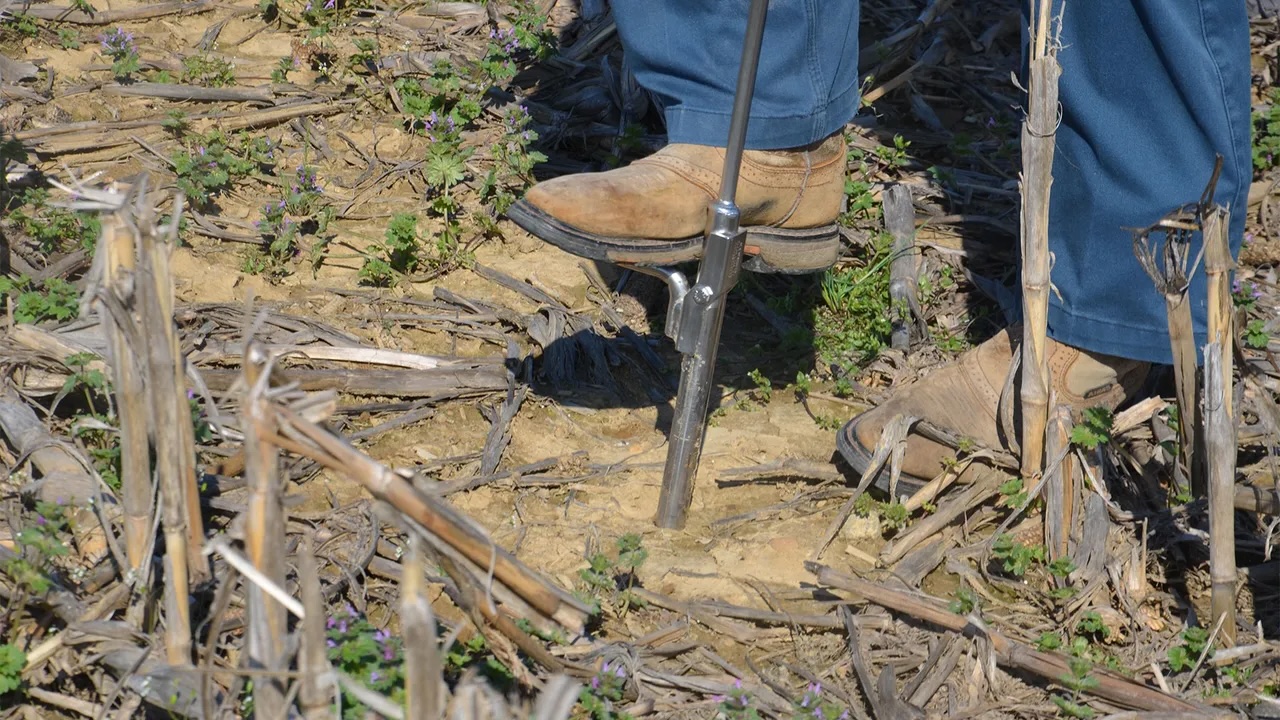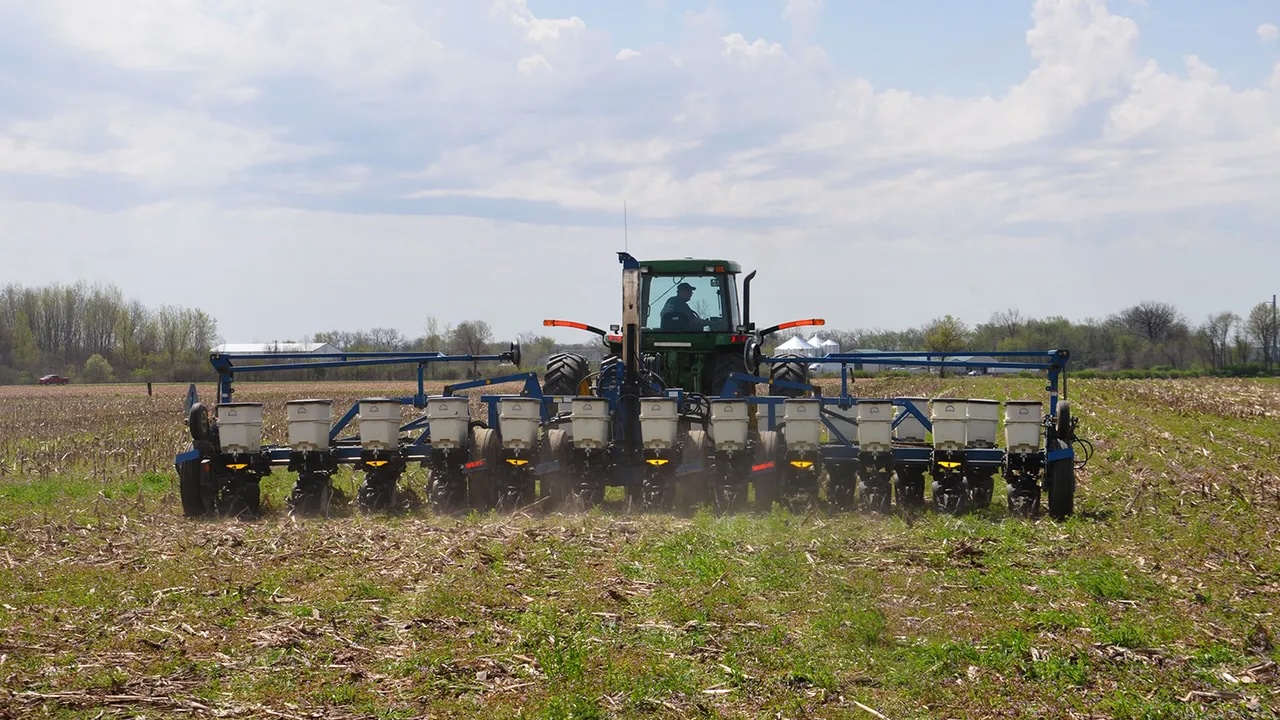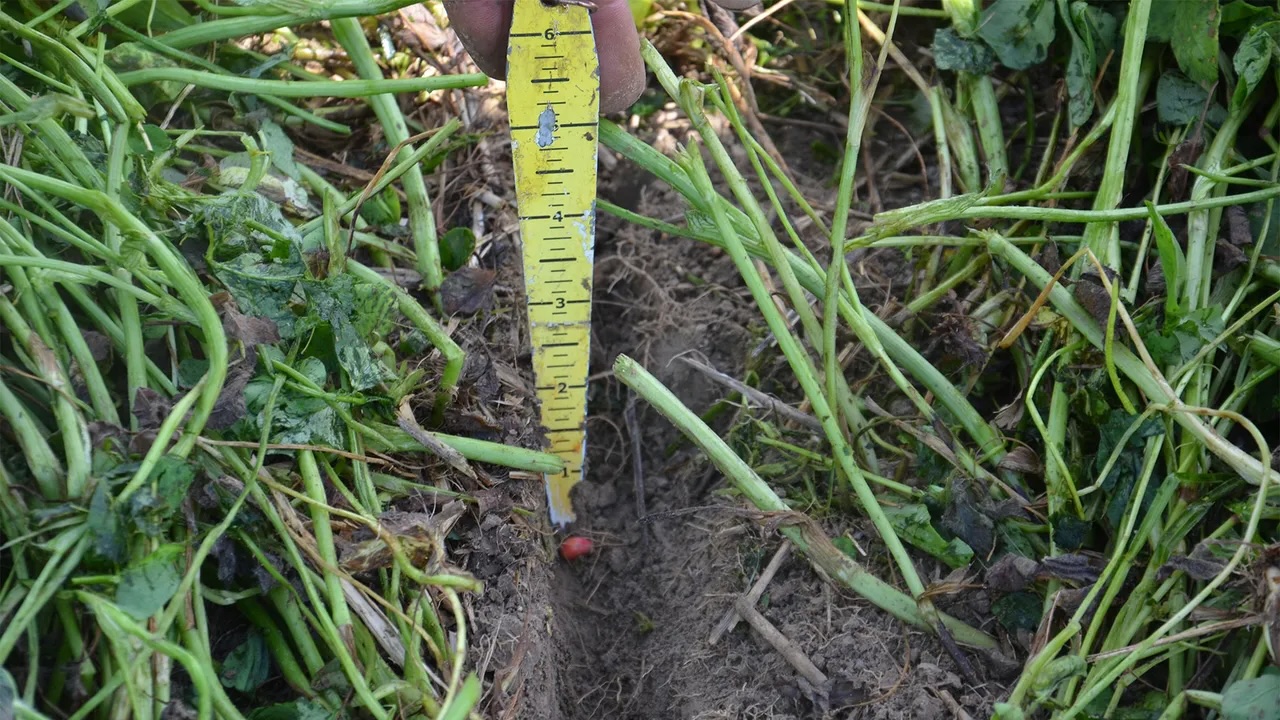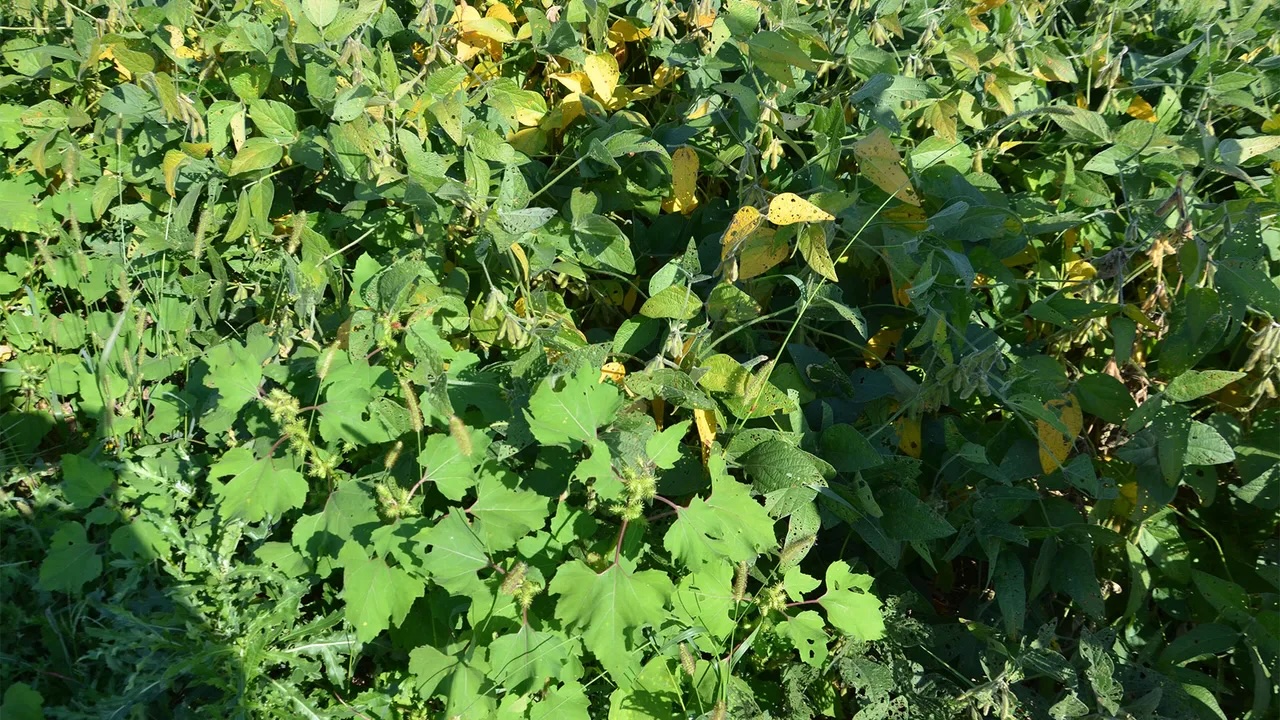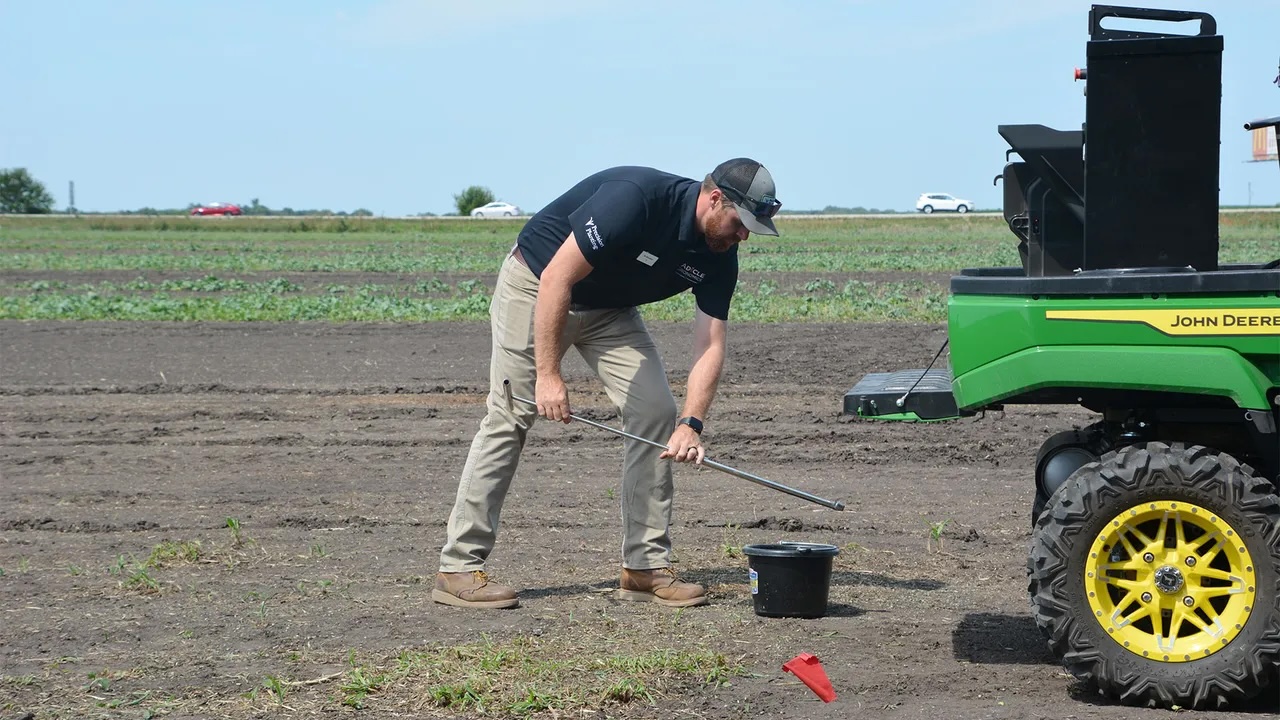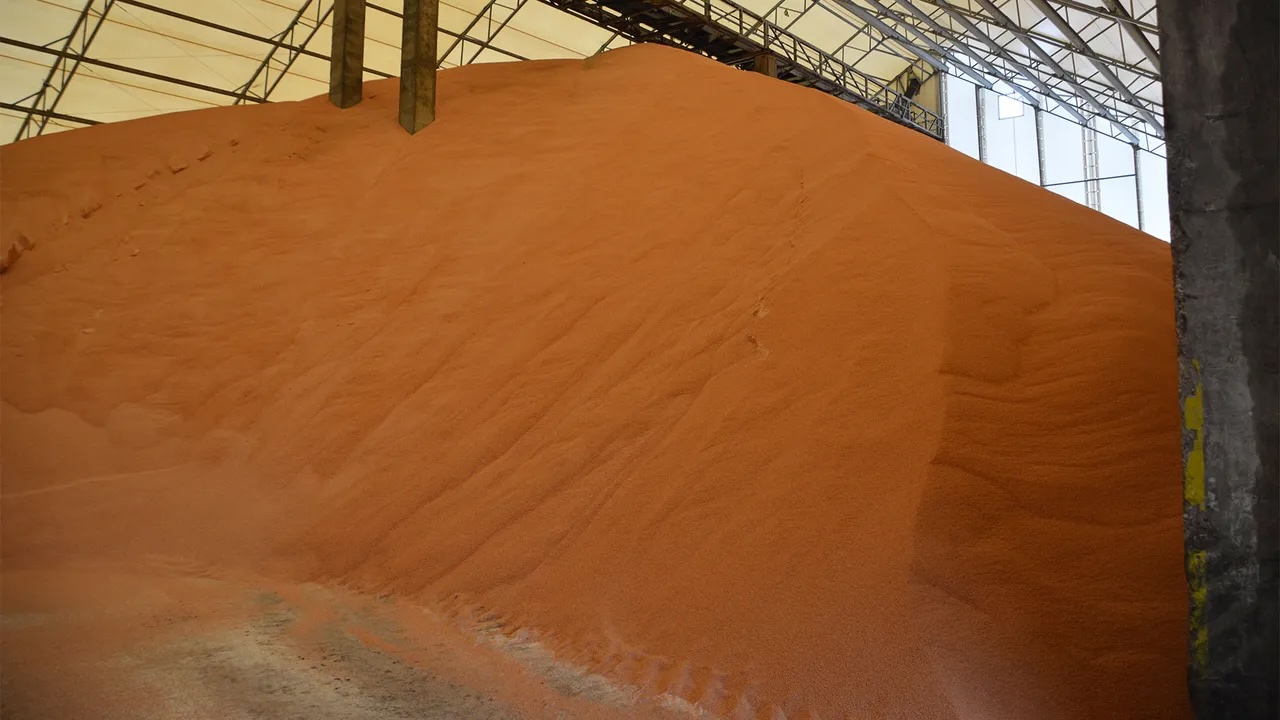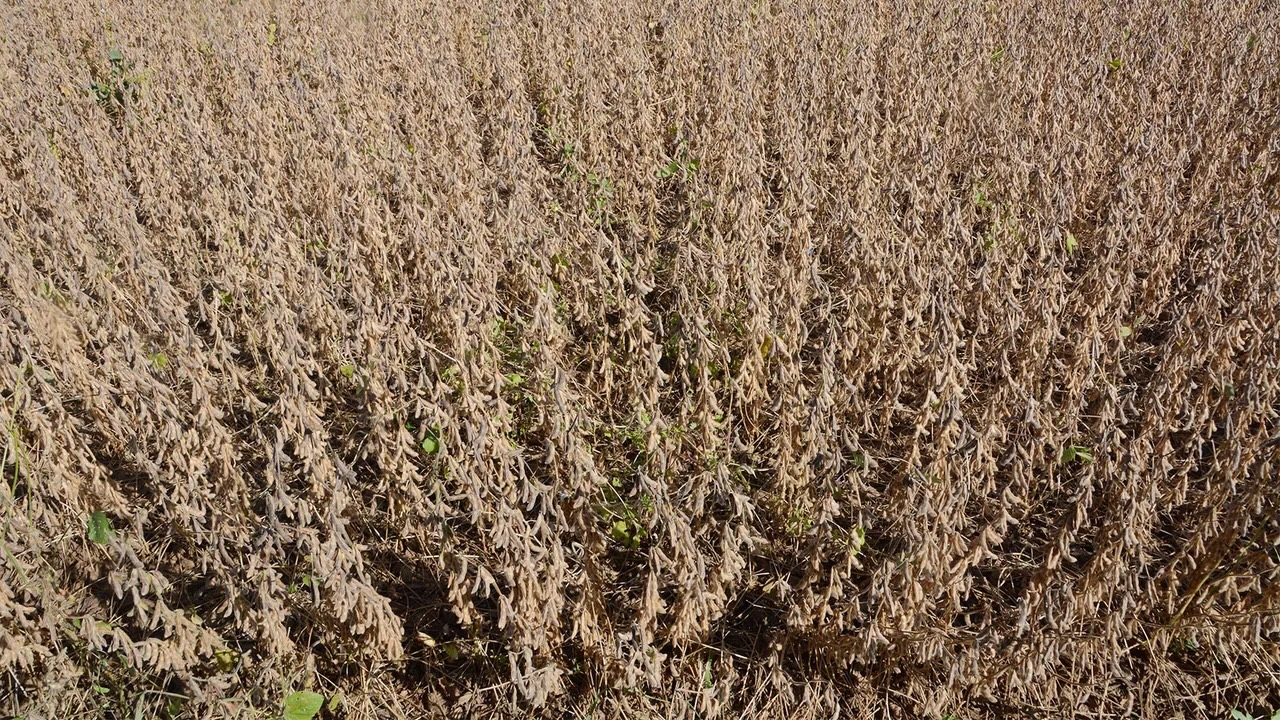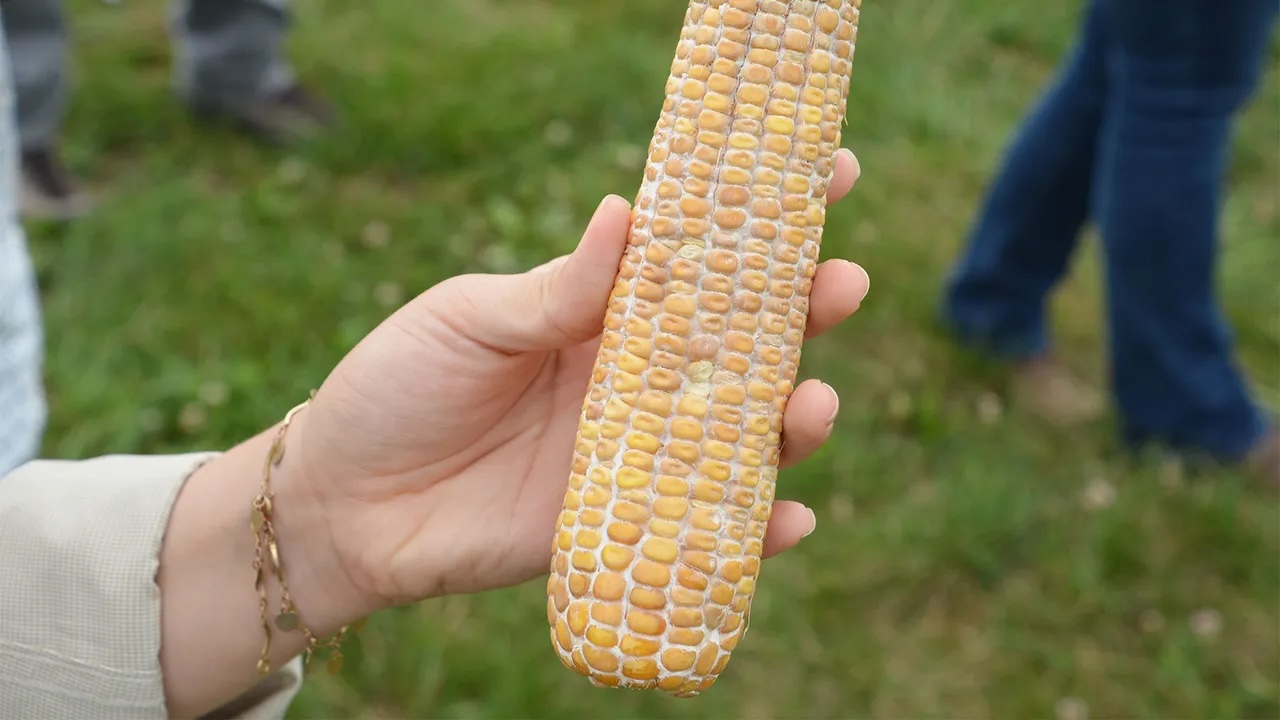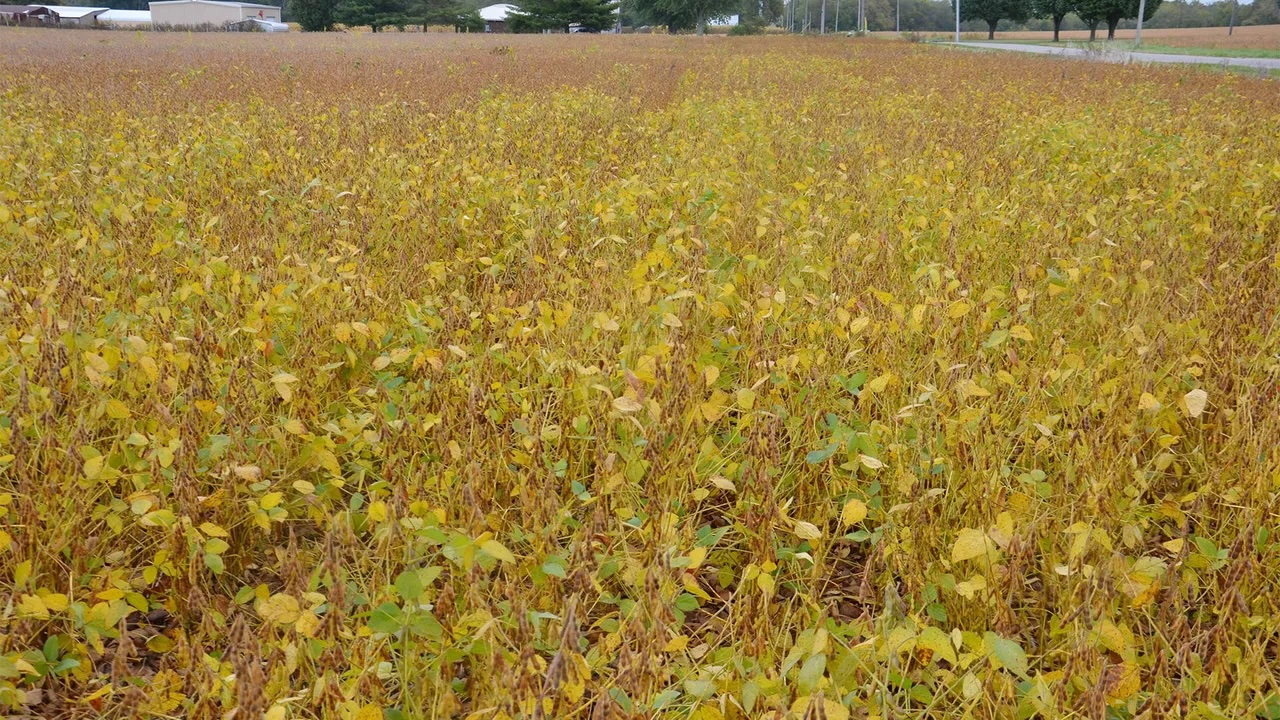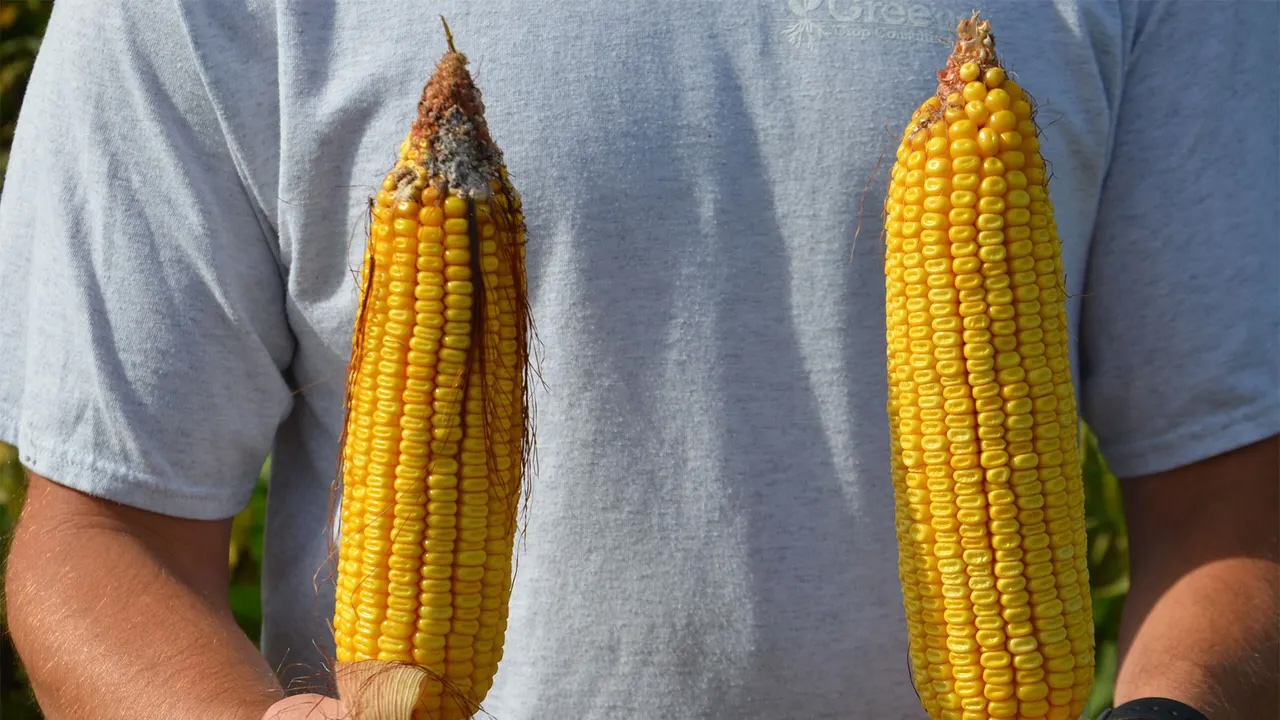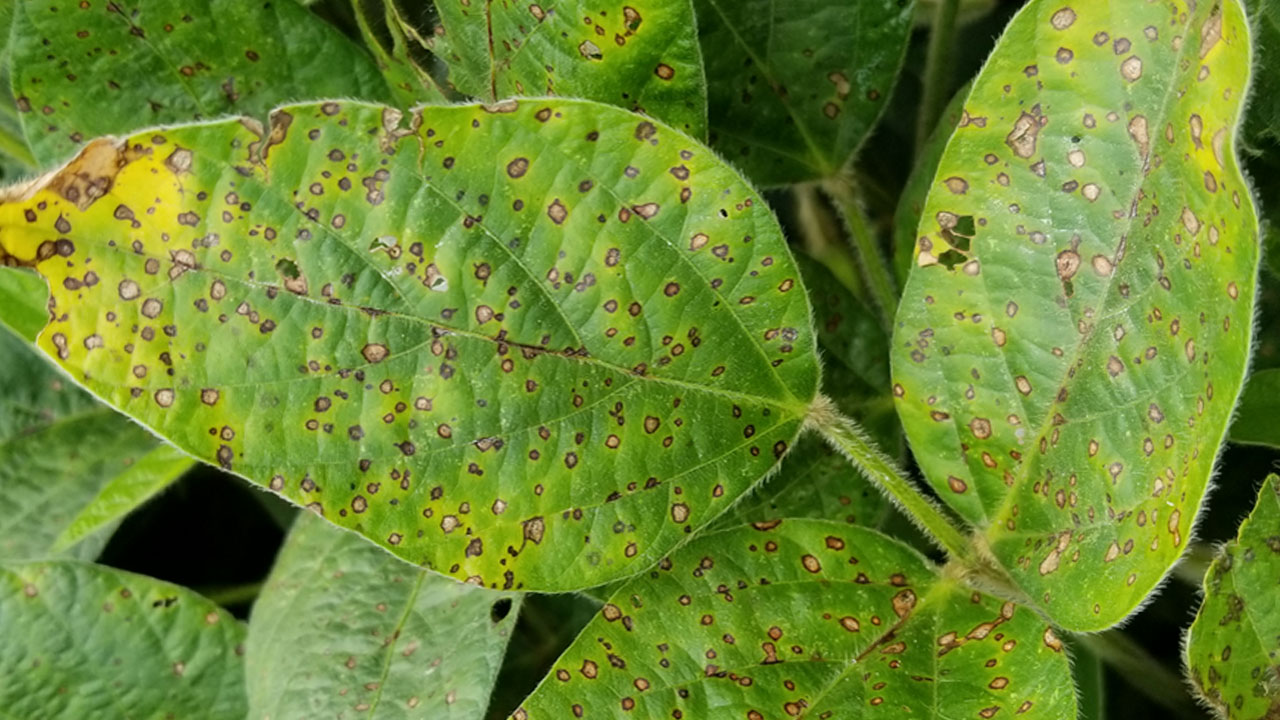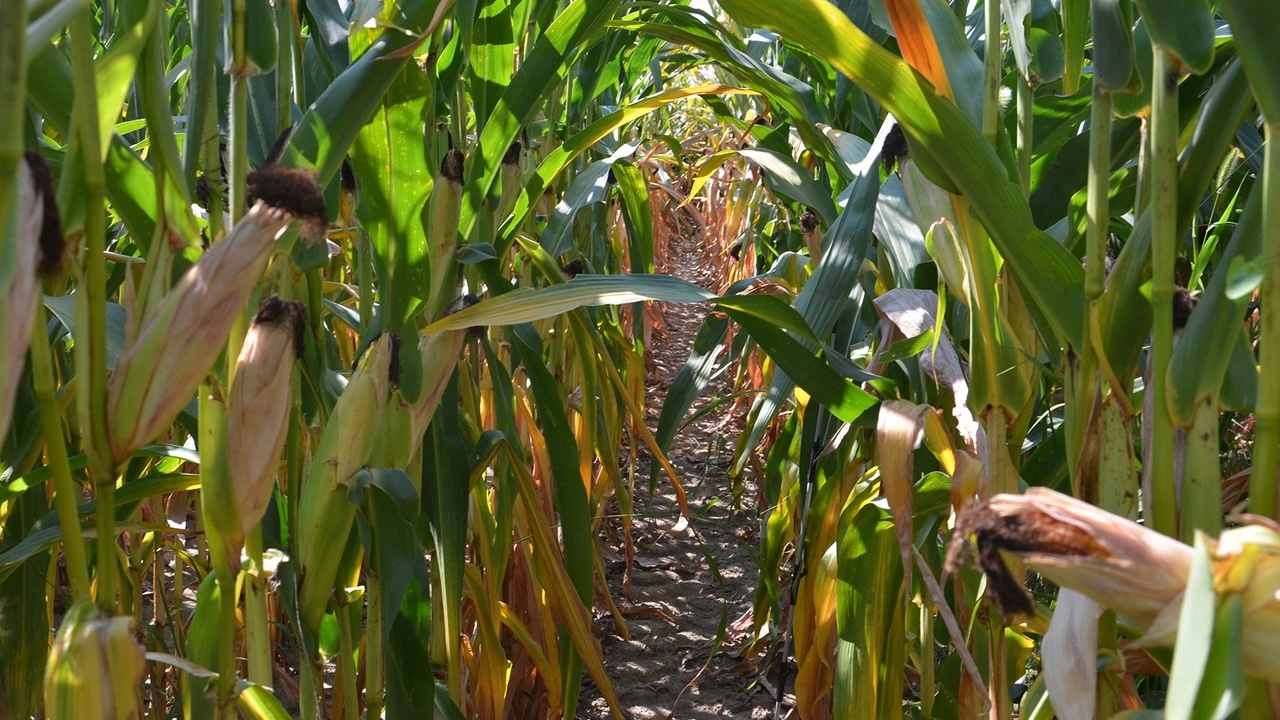Get ready for green-on-green spraying tech
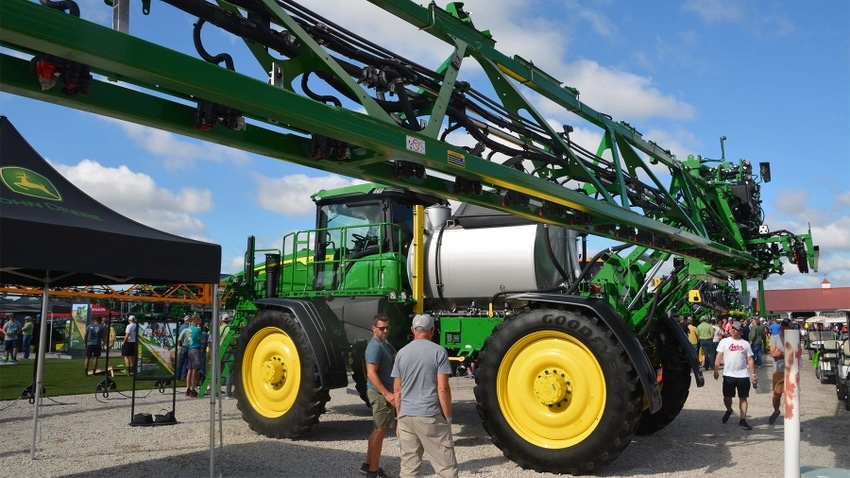
I see value in green-on-green spraying technologies. But a new rig is very costly. There might be a retrofit available for our 2018 sprayer. Should we go that route, buy new or stand pat?
The certified crop advisers panel answering this question includes Andrew Drerup, director of precision ag, TruLand Equipment, Van Wert, Ohio; Andy Like, an independent crops consultant, Vincennes, Ind.; Jeff Nagel, agronomist with Ceres Solutions, Lafayette, Ind.; and Marty Park, agronomist with Gutwein Seed Services, Rensselaer, Ind.
Drerup: Both retrofit and new sprayers have advantages. Technologies such as ExactApply pulse-width modulation (PWM) nozzle control are available on new machines and as retrofit performance upgrade kits for late-model John Deere sprayers. Upgrade kits enable late-model machines to have the same technology as new machines with a lower cost of entry. However, consider other machine factors like engine hours, fluid system, boom structure and suspension condition. Condition along with acres covered per year help determine whether a retrofit should be installed.
A new option from John Deere is the addition of individual nozzle control performance upgrades for any John Deere R Series sprayer. While this system does not have the advanced dual-nozzle control ExactApply offers, it does allow for single PWM nozzle control.
For the latest technologies, the focus will be the See & Spray system. While you can add See & Spray to late-model 120-foot boom machines, it will not have the same options as a factory machine. They have the option of a dual-product solution system. With it, you can simultaneously apply a banded residual and a target contact product. For late-model performance upgrade kits, the only option would be for a single-product application system. To apply a residual and contact at the same time, you would either band both products on a single pass or make two separate passes.
Like: I recommend waiting for this technology to evolve before you jump in, unless you are positive it will provide a return. Our geography offers widely varying cropping systems, weather, soil types, and weed pressure that present challenges for the current green-on-green tech to work consistently. I believe this technology will be quickly and widely adopted once it’s perfected.
Nagel: This technology is rapidly evolving. The first iteration was detecting green weeds on a worked or stale seedbed. Advancements have been made to differentiate between a growing green crop and growing green weeds with a high degree of accuracy.
We’re just starting to gain some practical experience on a commercial basis. There will be a lot to learn. If you need to trade, it might be best to stay with proven current sprayer technology. Give yourself time to evaluate if the new green-on-green technology might fit your farm.
Park: This new technology is amazing. The first products on the market are very expensive. Economically, it might be hard to justify for most farms. Ag retail operations are evaluating this technology now. Residual herbicides will still need to be broadcast-applied, as they are still a very important part of overall weed control strategies and resistance management practices. Over time, this technology will become more cost effective. I would hold off and continue to evaluate these systems for a couple of years.


